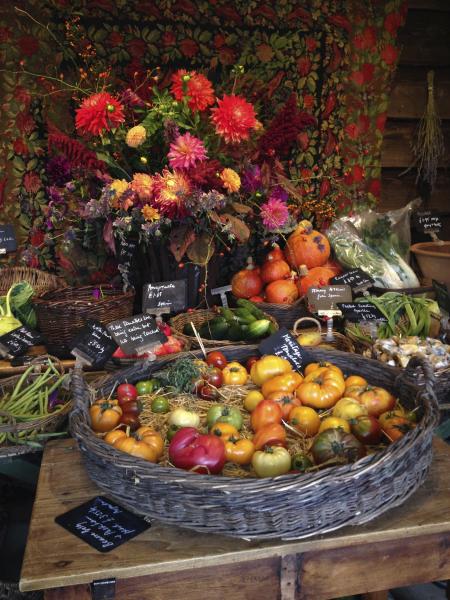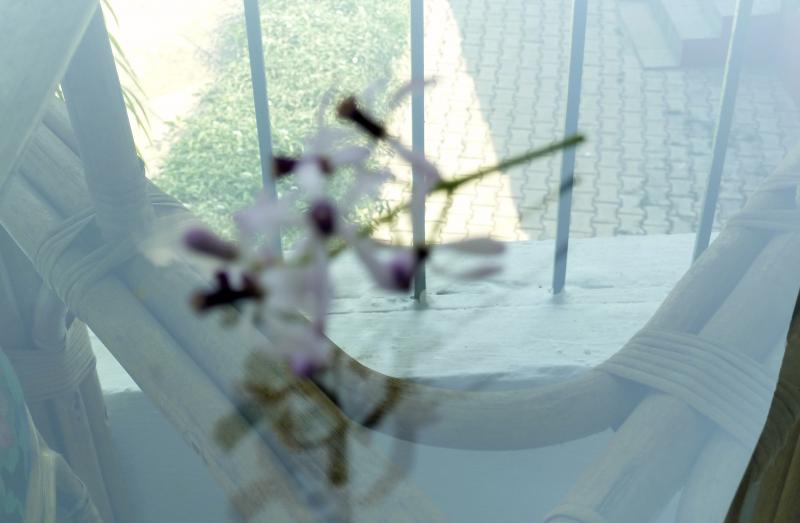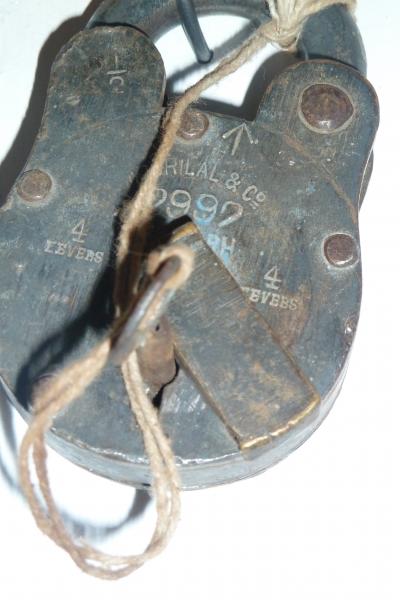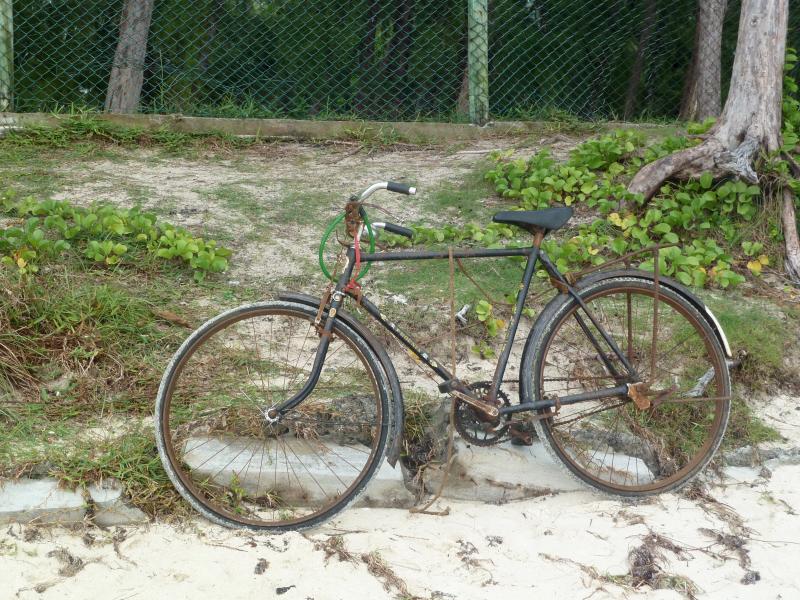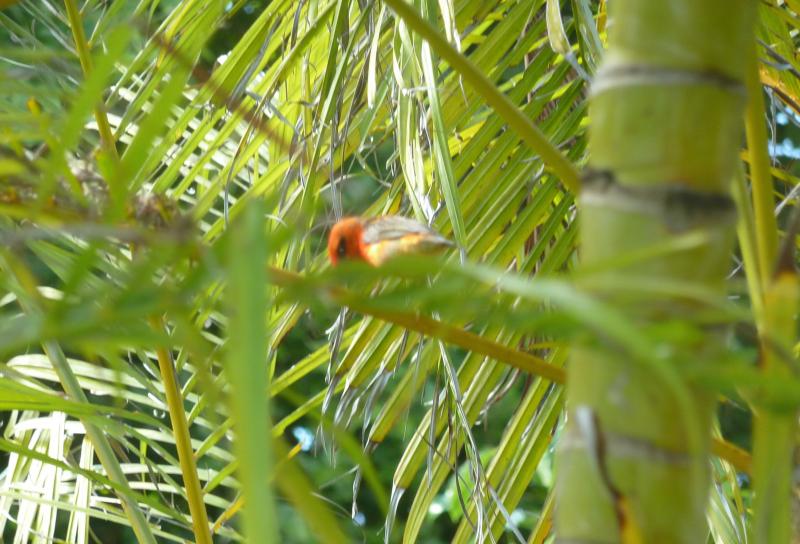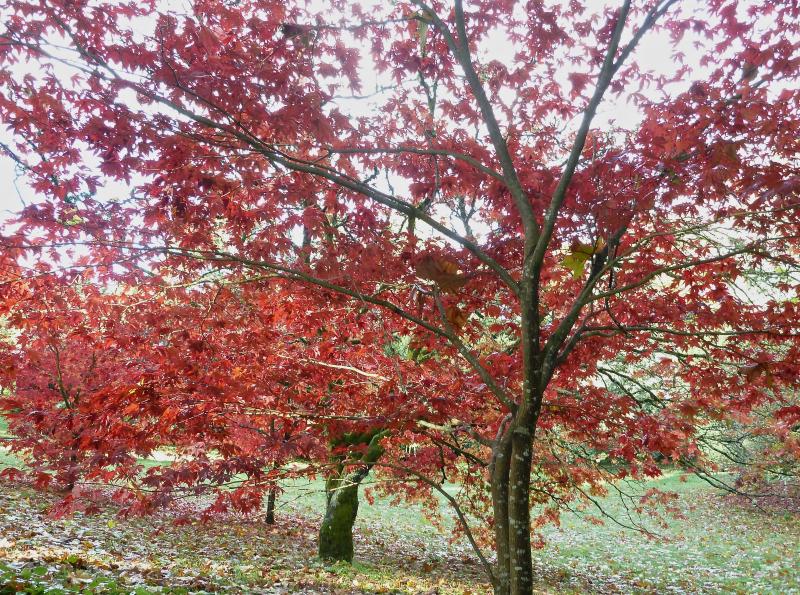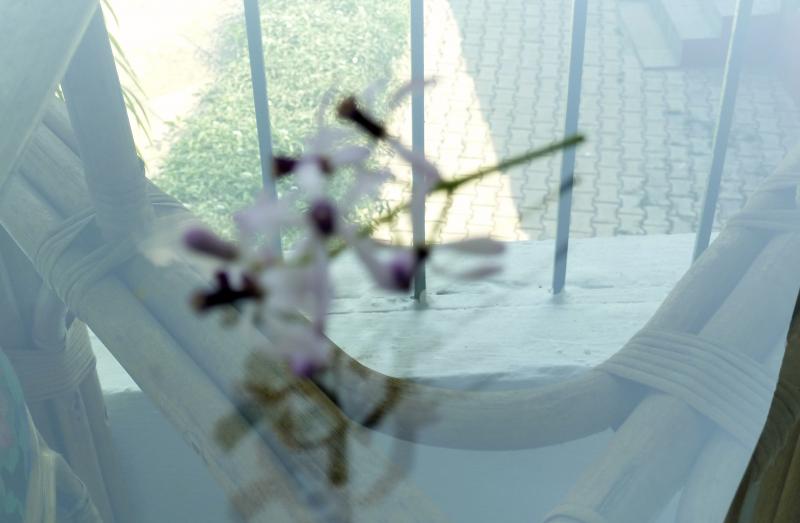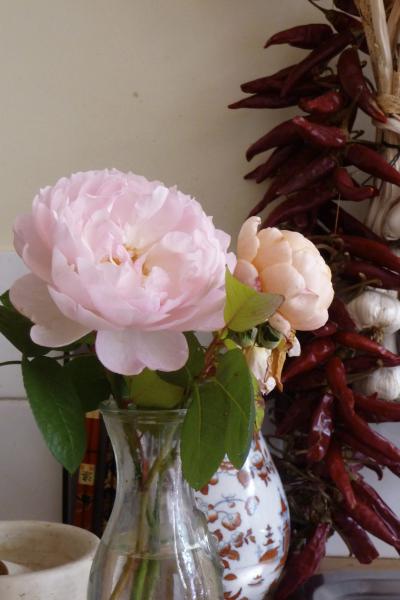
Remember when restaurants started putting out a puddle of oil with a slick of balsamic and lots of bread for dipping while you looked at a menu? That added 700 calories before you’d even ordered, but hey, It was Mediterranean, it was fun, it was sophisticated! The oil could have been a metallic tasting Berio from Tesco, but it was olive oil- greeny gold and so full of good things. If a supermarket bottle said Extra Virgin we believed the spin. More likely it was cut by cheaper oils like peanut or sunflower and was the most adulterated of all foodstuffs in the EU. A review of The Sublime and Scandalous World of Olive Oil by Tom Mueller says, “the profits in olive oil crime are, as one EU official puts it, comparable to cocaine trafficking, with none of the risks, and the regulations less effective than at any time in the last two millennia.” In fact adulteration goes much further back than the Romans, but it was Roman inspectors who toured olive oil mills on behalf of the emperor to detect malpractice. Amphorae bear tituli picti that record information about the oil- its location, name of producer and quality of the oil. 700 known varieties of olive feed the increasing demand which is commensurate with the decrease in quality.
Since I realized that shop-bought olive oil is largely not what it says on the label and that this staple of the kitchen needs as much respect as wine from a known or trusted terroir, I have regarded olive trees, their growers and the harvest in a different light. In another blog (https://pratimamitchell.com/articles/%ce%b5%ce%bb%ce%b9%ce%ac-elia-olive/) I talk about olives and olive trees in Greece and though I am no expert I buy my oil with care. Every villager in Kardymyli in the Peloponnese, owns their own small grove and produces their own oil and I am always there at the end of the holiday season when the locals start getting agitated about the harvest. Extra help is hired and businesses stop trading for the winter months.
In Oxford I used to buy oil from a young Greek teacher who brought it over in suitcases in December from her father’s farm in Lesbos. Now I buy from Ogglio, a small enterprise run by Giuseppe Trapani.
Giuseppe has obviously never had to buy olive oil, because in his culture no one does- they make it from their own harvest. His neighbours in Sicily are the same, and so is much of the rural population of Mediterranean lands (counting Greece, Turkey and the Balkans).

Giuseppe was born in a farming family near Belice, Sicily, but now lives and works in Oxford. From a small farm that produces watermelons, grapes, vegetables, wheat and of course olives, Giuseppe travelled far. First to Bologna (where he graduated with a doctorate in Modern Foreign Languages), Paris, Australia, India (where he met his wife), and finally came to settle in Oxford, working for the university.
2018 was a good harvest, but 2017 was an indifferent one. The olive virus (Xlella Fastidiosa) is rampaging through Europe and has affected many thousands of groves all over Europe.
So far Giuseppe’s trees are healthy on the land he inherited from his grandfather, which he treasures because it is a part of who he is.

Guiseppe laughs at the idea that farming is a rural idyll. It is a hard life and a precarious existence in many ways. There is not much profit in the oil round produced from an olive grove of about 20,000 olive trees. Giuseppe owns 150 trees more than a century old, and after the olives are picked by hand they are pressed in the collective mill. Last year he had to call on the harvests of neighbours and in spite of knowing that he will never make a fortune out of olive oil, he did a kickstarter campaign to breathe life into his business because the oil is his precious link to his heritage. I can’t say that he is a sentimental person, but his roots mean a lot and he speaks fondly of his grandfather, who would stop at midday and picnic with Giuseppe in the shade of an olive tree.
He shared the ritual of picking and pressing with his grandfather and his father, enjoying the tradition of going to the village baker at dawn on the first day of milling the olives for pani cunzatu bread made with durum wheat and eaten with oil, oregano, tomatoes and anchovies.
His harvest yields roughly 300 litres a year which he brings over on palettes. It is available directly from him (ogglio.org) in sturdy dark bottles with non-toxic rubber stoppers and makes a very fine Christmas or birthday present.













